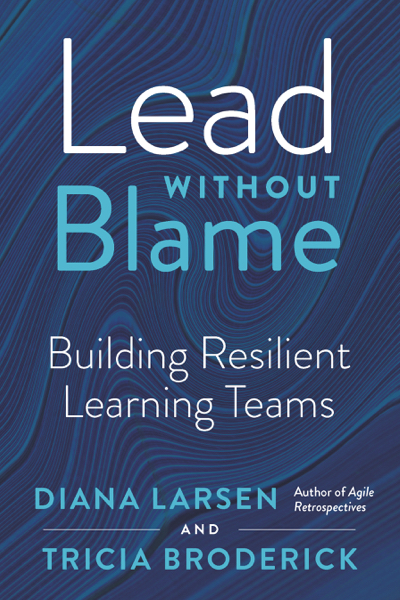For a little while now, Liberating Structures has been the talk of the town in Agile. For in depth information from Keith McCandless and Henri Lipmanowics, go to their website.
Liberating Structures are easy-to-learn microstructures that enhance relational coordination and trust. They quickly foster lively participation in groups of any size, making it possible to truly include and unleash everyone. Liberating Structures are a disruptive innovation that can replace more controlling or constraining approaches.
Personally, many of the 35 listed on their website are variations to exercises I’ve already knew. However, learning about the history – I’m wondering if I was learning their material before I realized it was their material. The melting pot of learning in the Agile community.
I’m not going to spend the time explaining each one here – go to the source! That said, I want to do a series where I highlight the benefits I’ve seen from using that structure and how I could virtually accomplish it as well.
Next up in the series is Appreciative Interviews (Discover and build on the root causes of success):
I chose this one next as we adjust to remote work and social distancing, one of the concerns I have is that there will be less appreciation being shared. As people juggle family, work and health, sometimes reflecting on the positive is just not often prioritized. Yet, one of the best ways to build trust and rapport in a team is finding and discussing these exact positive success elements. Whenever I do this approach (or anything similar), I find people enjoy being heard. Some of us are storytellers and we don’t get to always share the good. I absolutely love when I observe someone listening to the story and making a connection of a pattern or root aspect that really made it successful (such as, people were collaborating not just cooperating). And if that wasn’t enough, typically the energy is super high after this exercise. Clearly, these are positive things which adds to the energy but it’s more than just that. People are their own worst critics and when you share your story and hear other stories – there is a sense of potential and optimism to handle anything. That’s gold right there.
Obviously, I would not want to lose these benefits virtually. This one is fairly easy to do depending on the video conferencing tool you are using. I’m going to speak to the tool I’m primarily using: Zoom. Now I have a business account for zoom, which gives me breakout rooms (I think you can get it with Pro too).
-
- The facilitator selects to start breakout rooms (bottom of the screen option).
- The facilitator can determine the count per breakout room. As well as, having it manually put certain people in a room or auto random assign. In this case, I would chose 2 per breakout auto.
- Start breakout rooms for the desired length of time (note: when you end the rooms – they have an additional 60 seconds before forced return to the main zoom room). The facilitator needs to note who was in which breakout pairings.
- The facilitator thanks everyone for that round and says now silently take a minute to note insights and patterns and highlights of your partner’s story. While each person is working on this the facilitator is assigning the breakout rooms for the next round (putting two pairs into one group of 4).
- Start breakout rooms of 4s – to share the insights and patterns of the other person’s story for the desired length of time
- Once everyone is back in the main room – the ALL can take place. Each group of 4 could share out their top one, etc. You could have everyone list in chat. You could go round-robin. You could shout out. Your choice.
Super easy. The biggest downsides: this takes a little longer in virtual environments – so plan accordingly. Also, this doesn’t incorporate movement, which happens normally in the pairing/grouping. Remember you will need to break often in virtual settings – as easily and seamlessly incorporating movement is challenging.
What could you gain from Appreciative Interviews?




